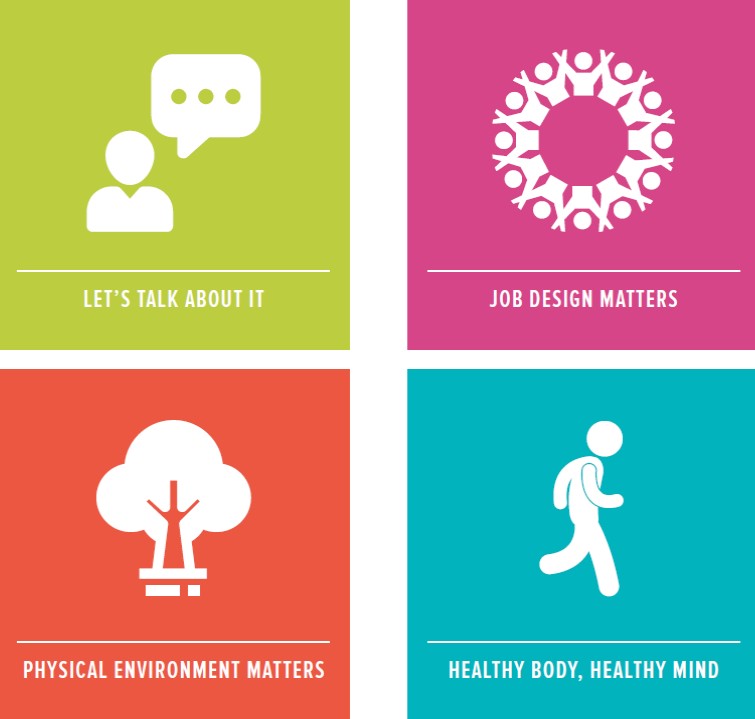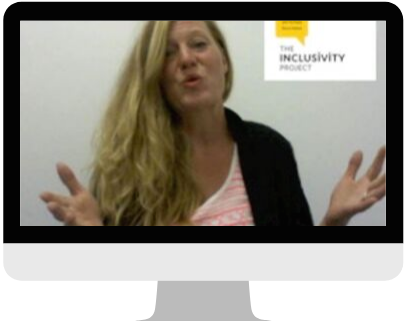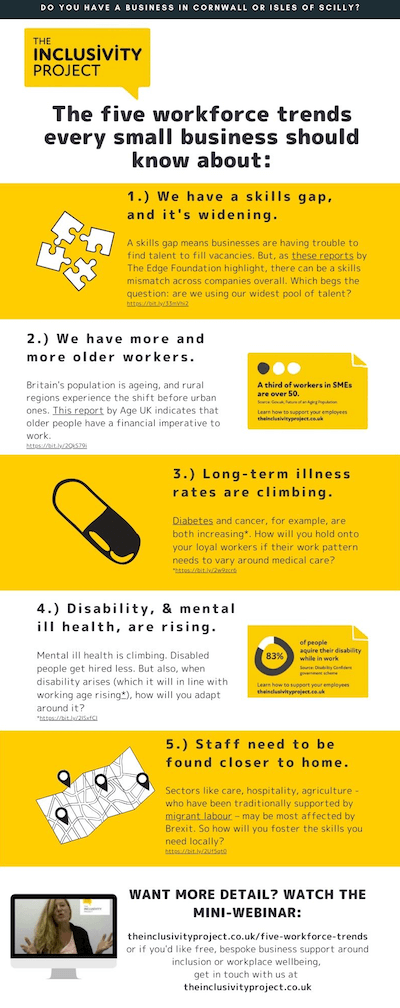Can The Inclusivity Project help the construction industry become more inclusive and wellbeing-oriented?
Construction is one of the five largest industries in Cornwall. With it comprising many one-man-band and micro businesses as well as bigger developers, The Inclusivity Project want to find out how we can support workplace construction industry wellbeing and diversity.
And – I’ll come clean and admit it – my dad is a woodworker/builder, and he’s currently working on a house for me and my family, so construction is close to my heart. My dad’s physical health has stayed robust – seeing him, aged 67, shifting rocks and filling gabions in all weathers inspires awe. But building a house is a lot of stress and responsibility, and at a certain point, one of our workers began to suffer from anxiety and had to adopt a more flexible approach to his hours. So I have a little personal insight into the stress factor.
But that story is just the tip of the iceberg. A report from the office of national statistics on suicide by occupation shows that “the highest risk was among lowskilled workers in construction (see Figure 2 in the report), with a risk that was 3.7 times above the national average.”
Note that this applies to males, but also holds for females but given their under representation in the industry is relatively small numbers.
“Similar to males, the highest elevated risk was seen among those working in elementary trades occupations. In this group the risk of suicide was almost twice the national average. However, in this group the number of suicides (48) was low when compared with groups of occupations where women are more likely to work.”
Among The Inclusivity Project, it was clear to us that there’s a wellbeing issue for people working in the construction industry. But we were also noticing that not many people from the construction sector were coming to our seminar-room style events, so we teamed up with Bradford’s builder’s merchant in Penryn and St Austell, and talked to people who came through the door.
We heard the same things again and again from people working in the construction industry.
What do you do when one of your team gets ill?
“We’re not allowed to get ill, we’re self-employed”. (Typically, there would be wry laughter over this one.)
Do you ever take a break?
“As a self-employed person, holidays cost me double – for the holiday, and for the time off.”
Do you experience stress at work?
“Yes, my company’s always pushing for us to meet deadlines.”
[Older worker] “I don’t have much stress, I don’t even use my overdraft. Young builders get into debt, they buy expensive vehicles, they get stressed”.
I used to work for a project management company in Newton Abbott. I’d drive there and back every day, talking on bluetooth the whole journey, and when I came home, I’d work on the computer until 9 o’clock each night. It was very high stress.
You said you’re keen to retire soon. Is there any succession plan for your business?
“My children are doing different vocations. I can’t do this part-time, so when I retire, the business will stop too.”
Some of these challenges around workplace wellbeing relate to self-employed people across the board.
They might need support with pricing their services to factor in holiday, or with figuring out National Insurance to be eligible for employment and support allowance, or with setting up a pension fund.
The Federation of Small Businesses is keen to support small businesses and offers a neat pdf called Wellbeing in Small Business – How You Can Help. It contains myriad useful links too.

Our next step is to team up with the brilliant Building Cornwall to organize an event aimed at supporting mental health in the construction industry, so look out for that this June.
If you have ideas for products, services or ways to support this sector, apply to work with The Inclusivity Project to develop your ideas and innovations here.
________________
Have you already signed up to our newsletter…?

When you sign up, you get a free exclusive 10-minute video training, The Five Workforce Trends Every Small Business Should Know About, as well as getting a summary of the same info in time-saving, easy-to-digest infographic format.

You’ll also hear about all opportunities to get business support if you’re in Cornwall or Isles of Scilly, and to be the first to hear about the research that comes out of The Inclusivity Project.

Recent Comments